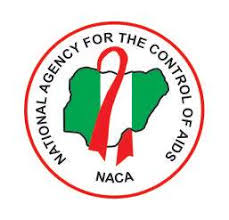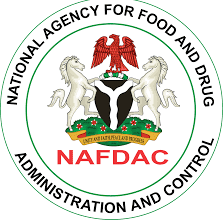Stigma, Discrimination Hindrance To Ending HIV/AIDs By 2030, Says NACA

By Alice Etuka, Abuja
The National Agency for the Control of AIDS (NACA) has said stigma and discrimination remain significant barriers for Nigeria to achieve HIV and AIDS-free goals by 2030.
Ilori stated this on Tuesday, May 7, 2024 at the Nigeria HIV Prevention Conference
themed: “Accelerating HIV Prevention to End AIDS through Innovations and Community Engagement” held in Abuja.
She recommended that government and stakeholders educate and sensitize people about the harmful effects of stigma and discrimination against individuals living with HIV/AIDS.
She said: “Our strategies must be inclusive, person-centred, and sensitive to the needs of adolescents, young people, key populations, and people living with HIV/AIDS.”
“We must also focus on community-based interventions while promoting local ownership and sustainability of our response efforts.”
On his part, Minister of State for Health, Dr. Tunji Alausa said he would focus attention on how the government keeps data right. He further added that the vision of the Health renewal project was to produce health and reduce pains sustainable for all Nigerians.
“These goals are formed on four main pillars, which are, effective governance, efficient & equitable quality health system, unlocking the health value chain and health security.”
“These visions change how the government provides health for its citizens across the country. I call on all to join hands with us as we make this vision a reality for the benefit of all Nigerians…”
The Minister also applauded development partners for their tireless interventions and support in ensuring that Nigeria achieves the 95-95-95 target by 2030 as well as sustainable development goals.
The Country Director of UNAIDS Nigeria, Dr Leo Zekeng, in his goodwill message, highlighted the commitment made in 2021 to reduce new HIV infections by 83 per cent in 2025.
Zekeng also expressed optimism about Nigeria’s capability to address this challenge but identified several obstacles, including the lack of political leadership commitment to prevention, inadequate state government investment, and funding limitations.
He further emphasised the need to scale up investment in prevention kits and address challenges such as data collection, legal and political environments, and community engagement.






